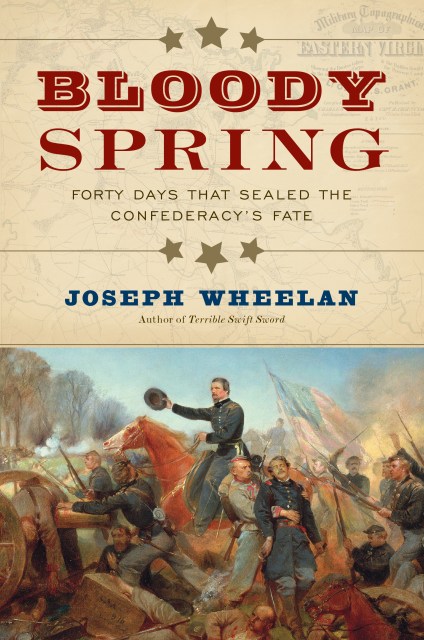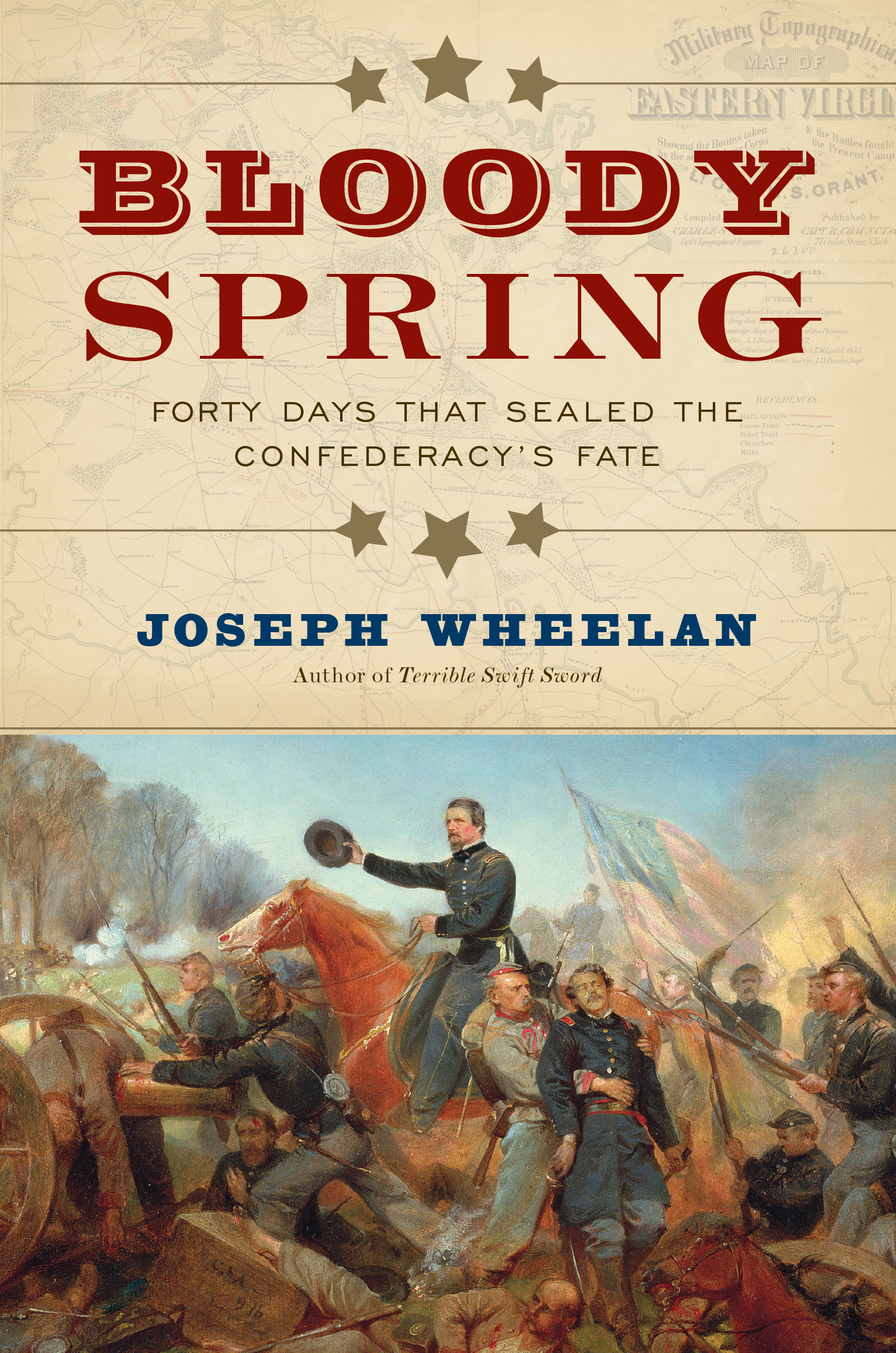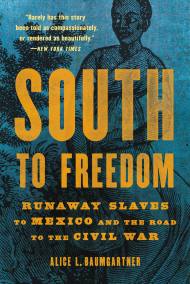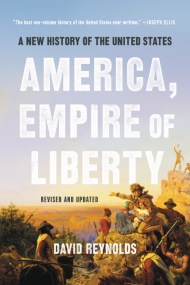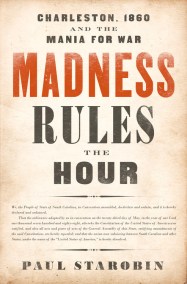Promotion
Sign up for our newsletters to receive 20% off! Shop now. Exclusions apply.
By clicking “Accept,” you agree to the use of cookies and similar technologies on your device as set forth in our Cookie Policy and our Privacy Policy. Please note that certain cookies are essential for this website to function properly and do not require user consent to be deployed.
Bloody Spring
Forty Days that Sealed the Confederacy's Fate
Contributors
Formats and Prices
Price
$10.99Price
$13.99 CADFormat
Format:
- ebook $10.99 $13.99 CAD
- Trade Paperback $24.99 $31.99 CAD
This item is a preorder. Your payment method will be charged immediately, and the product is expected to ship on or around April 29, 2014. This date is subject to change due to shipping delays beyond our control.
Also available from:
In the spring of 1864, Virginia remained unbroken, its armies having repelled Northern armies for more than two years. Robert E. Lee’s Army of Northern Virginia had defeated the campaigns of four Union generals, and Lee’s veterans were confident they could crush the Union offensive this spring, too. But their adversary in 1864 was a different kind of Union commander — Ulysses S. Grant. The new Union general-in-chief had never lost a major battle while leading armies in the West. A quiet, rumpled man of simple tastes and a bulldog’s determination, Grant would lead the Army of the Potomac in its quest to destroy Lee’s army.
During six weeks in May and June 1864, Grant’s army campaigned as no Union army ever had. During nearly continual combat operations, the Army of the Potomac battered its way through Virginia, skirting Richmond and crossing the James River on one of the longest pontoon bridges ever built. No campaign in North American history was as bloody as the Overland Campaign. When it ended outside Petersburg, more than 100,000 men had been killed, wounded, or captured on battlefields in the Wilderness, near Spotsylvania Court House, and at Cold Harbor. Although Grant’s casualties were nearly twice Lee’s, the Union could replace its losses. The Confederacy could not.
Lee’s army continued to fight brilliant defensive battles, but it never mounted another major offensive. Grant’s spring 1864 campaign had tipped the scales permanently in the Union’s favor. The war’s denouement came less than a year later with Lee’s surrender at Appomattox Court House.
- On Sale
- Apr 29, 2014
- Page Count
- 448 pages
- Publisher
- Da Capo Press
- ISBN-13
- 9780306822070
Newsletter Signup
By clicking ‘Sign Up,’ I acknowledge that I have read and agree to Hachette Book Group’s Privacy Policy and Terms of Use
